Welcome to the New Mazzinian
Dedicated to exploring and reviving the political thought of Giuseppe Mazzini and updating it for modern politics
“So long as you are ready to die for Humanity, the life of your country will be immortal.”
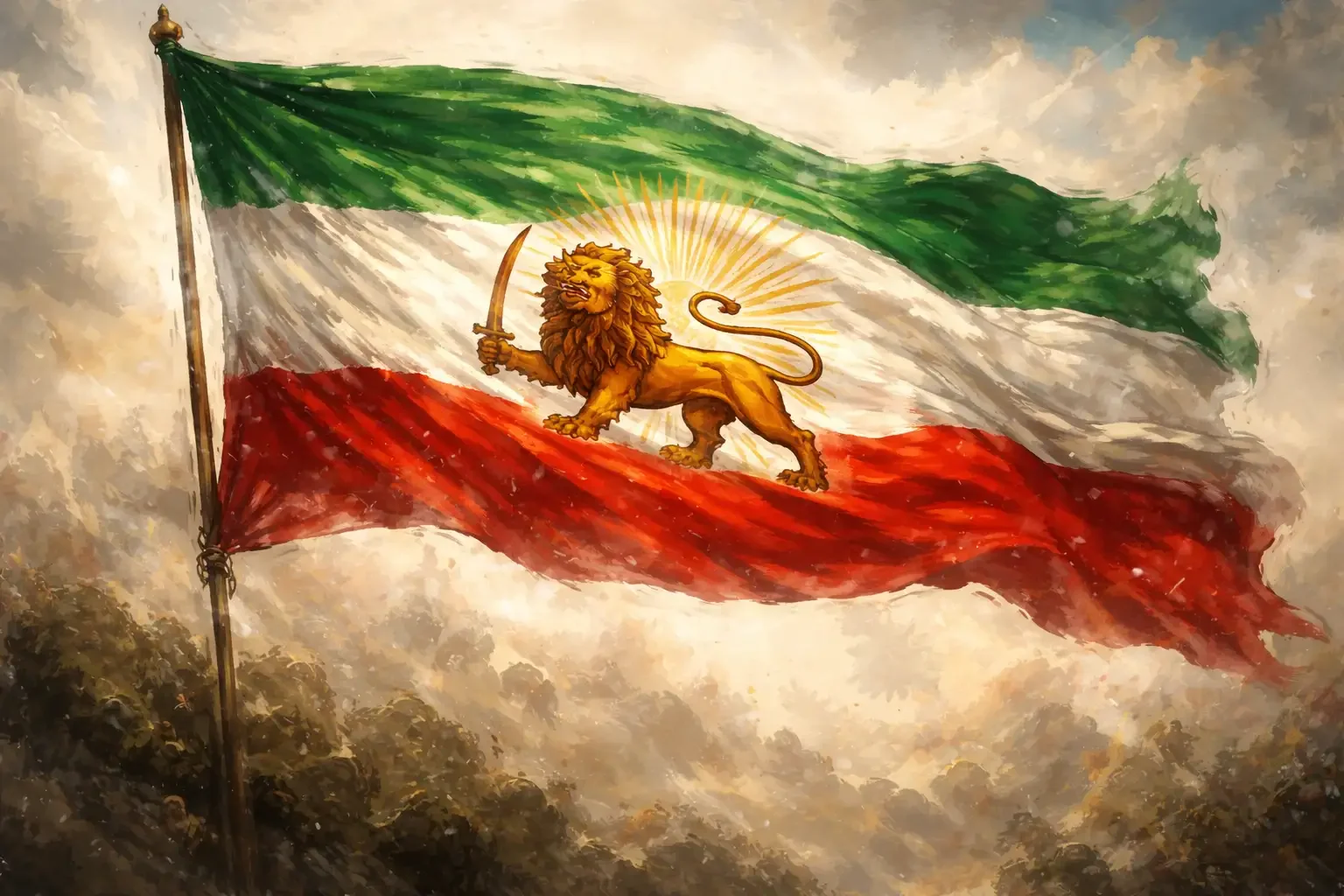
Protests in Iran: Hope and Self-Sacrifice
Featured Essay
“The Iranian people have become the vanguardists of not just their democracy movement, but of the democratic movement across the world. As they courageously leave their shops, businesses and universities to face live ammunition, these brave Iranians have become martyrs for not just their country, but also for humanity.”
Jan 14, 2026
Latest Blog Posts
The New Mazzinian is also on Substack!
Subscribe to receive email updates of the latest essays and blog posts!
Who was Giuseppe Mazzini?
Giuseppe Mazzini (1805-1872) was an Italian revolutionary and political thinker who played a major role inthe Italian unification movement. Born in Genoa just as the city was annexed by the French Empire, Mazzini involved himself in politics from an early age, initially joining the Carbonari—a secret society for republican revolution—but later left them in order to form his own political party, Young Italy, in 1831.
From that moment, Mazzini's life became one of constant insurrections and exile, living in hiding first in Switzerland before finding some stability in moderately tolerant England.
In 1848, Mazzini reached political stardom for the first time as triumvir of the Roman Republic that had overthrown the Papacy, and that was later put down by a French military intervention.
While Mazzini no longer participated as actively in Italy's eventual unification by the military campaigns of Garibaldi or the political strategy of Count Cavour, he still continued to contribute to European political thought. Mazzini died in 1872 in Pisa from pleurisy and was buried in his hometown.
Throughout his relatively short life, Mazzini never faltered in his political activism to see a unified Italy, free from Austrian and French domination. But his legacy extended beyond the Italian peninsula, becoming a symbol of the democratic struggle against autocratic despotism and imperialism.
The New Mazzinian is my fresh attempt to help publicize and update the political thought of Giuseppe Mazzini, one of the four founding fathers of post-unification Italy and often neglected character in the story of the European democracy movement in the 19th century.
The goal of the The New Mazzinian to threefold:
To raise awareness of Giuseppe Mazzini's political thought and life as a devoted revolutionary who based his ideas on duty, patriotism, and love of humanity.
To develop a revived form of his political thought to update his ideas for our modern political context, and show how they can help provide practical and moral solutions to the problems we face today.
To inspire a new Mazzinian movements in Europe and beyond and form new political parties based on Mazzini's political thought
In addition, a large part of the site will be dedicated to publishing my own views on political goings-on and philosophical questions in the form of Essays and Blog posts.
About The New Mazzinian
Who am I?
I have been interested in Giuseppe Mazzini for many years since I first discovered him in 2018. Though I possess no degree in political science, history, or philosophy, I have been independently studying all three in conjunction with Mazzini's own political thought in order to make it applicable to today's social and economic challenges.
I first launched a blog called The Young Mazzinian back in 2016 as a place for me to publish essays and posts commenting on the politics of the day. However, very little was dedicated to spreading the ideas of Mazzinianism, to which, needless to say, I have been a convert. In recent years, I have been publishing very little, but now I feel I have reached a point in my knowledge and my understanding of Mazzini for a fresh attempt at getting involved in politics. Much of the content featured on The Young Mazzinian has been moved here.
This site, for the moment at least, is a one-man band, and by way of a disclaimer, much of what I write about Giuseppe Mazzini, about democratic nationality, duties and rights, international politics, has a tint of my own opinion and development. However, I have tried to be as objective as possible with Mazzini's own views and his life journey, the former of which we don't always see eye-to-eye.
However, in Reviving Mazzinianism, I have taken liberties in expanding and developing his views into a doctrine that can work for today, and where Mazzini might have disagreed, I have tried my best to point this out.
What is Mazzinianism?
Mazzinianism is a political doctrine based on the political thought of Giuseppe Mazzini. At its core, Mazzinianism centers around the idea of democratic nationality and the Nation being a moral means for achieving Humanity.
Unlike other conceptions of nationalism, democratic nationality takes the nation as a means and not an end, and involves a humanistic and universalist worldview, believing that individual agency through it is the only way for progress to be attained.
In today's political paradigm, Mazzinianism appears to be syncretic (and perhaps inconsistent) political philosophy, adopting economic and social views that might seem at odds with one another. However, these views are the essential principles of what makes Mazzinianism both a distinct way of looking at politics, while at the same time a perfectly commonsensical one. Here's an overview of Mazzinian principles:
Nationality and Nation: Mazzinianism is centered around the principle of democratic nationality. This is the belief that an individual can best serve humanity through acting through their nationality. For Mazzinians, the Nation is not an end in itself (as in nationalism), but a means, whereas the true goal is the general progress of humanity towards democracy and against tyranny.
Duties & Rights: Mazzinianism holds that individual rights, while important, are a means for an individual's duties. Duties are defined not by an arbitrary religious or ideological dogma, but by the individually defined potential of free individuals in a society who work together to bring about humanity.
Democracy: Mazzinianism champions democracy over all other political systems. For the Mazzinian, democracy provides both the necessary check on tyranny by despotic rulers and for the citizenry to fully express their capabilities and choices through liberty and community. Despite Mazzini's own fervent republicanism, modern Mazzinians take a pluralistic approach to democracy and respect the many different forms of democratic systems, from parliamentary constitutional monarchy to presidential republics.
Economics: Mazzinianism generally follows a mixed-economy approach to economics, with a good deal of economic pragmatism. However, on the whole, Mazzinians use Mazzini's own remedy as a guide for organizing the economy: "the union of labor and capital in the same hands". Mazzinianism, therefore, advocates for small business and good macroeconomic management in terms of employment and social policy.
International Politics: Mazzinianism takes a principled approach to foreign policy, based on the strong belief in democracy and fervent anti-totalitarianism. Mazzinians view the fundamental conflict in foreign affairs as between the forces of democracy (including individual liberty and justice) and those of tyranny. However, Mazzinians also believe in pragmatic alliance building and realist means in helping both promote democracy and fighting totalitarianism.


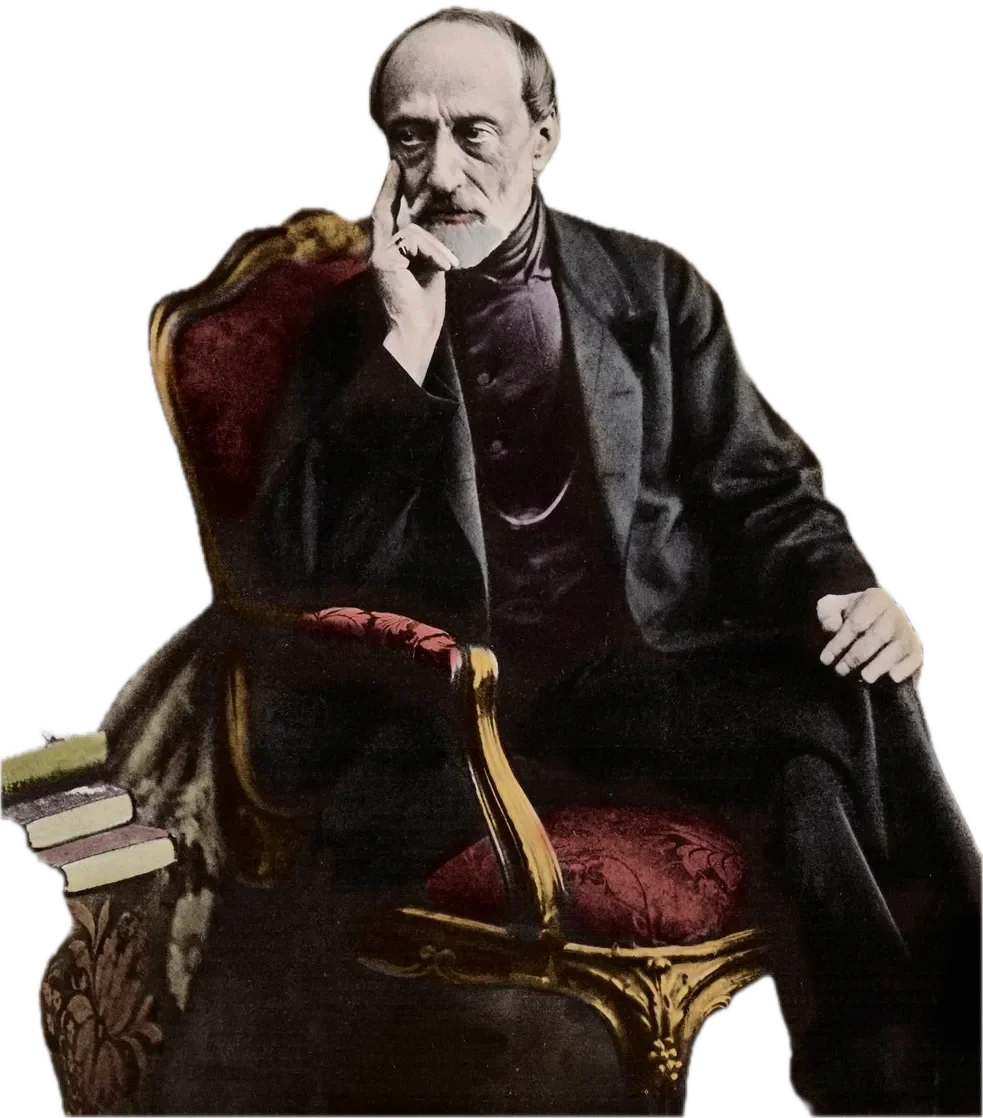
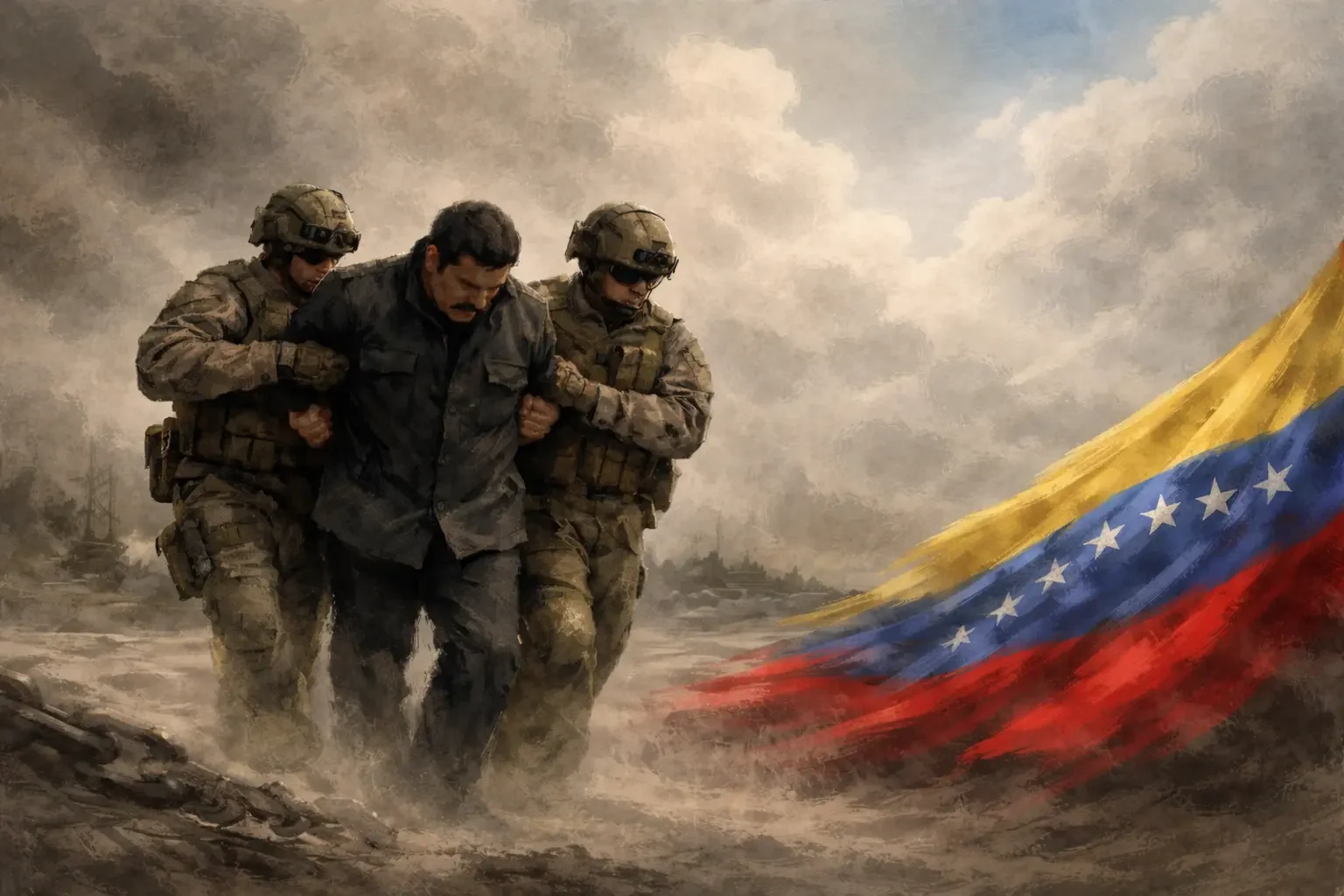

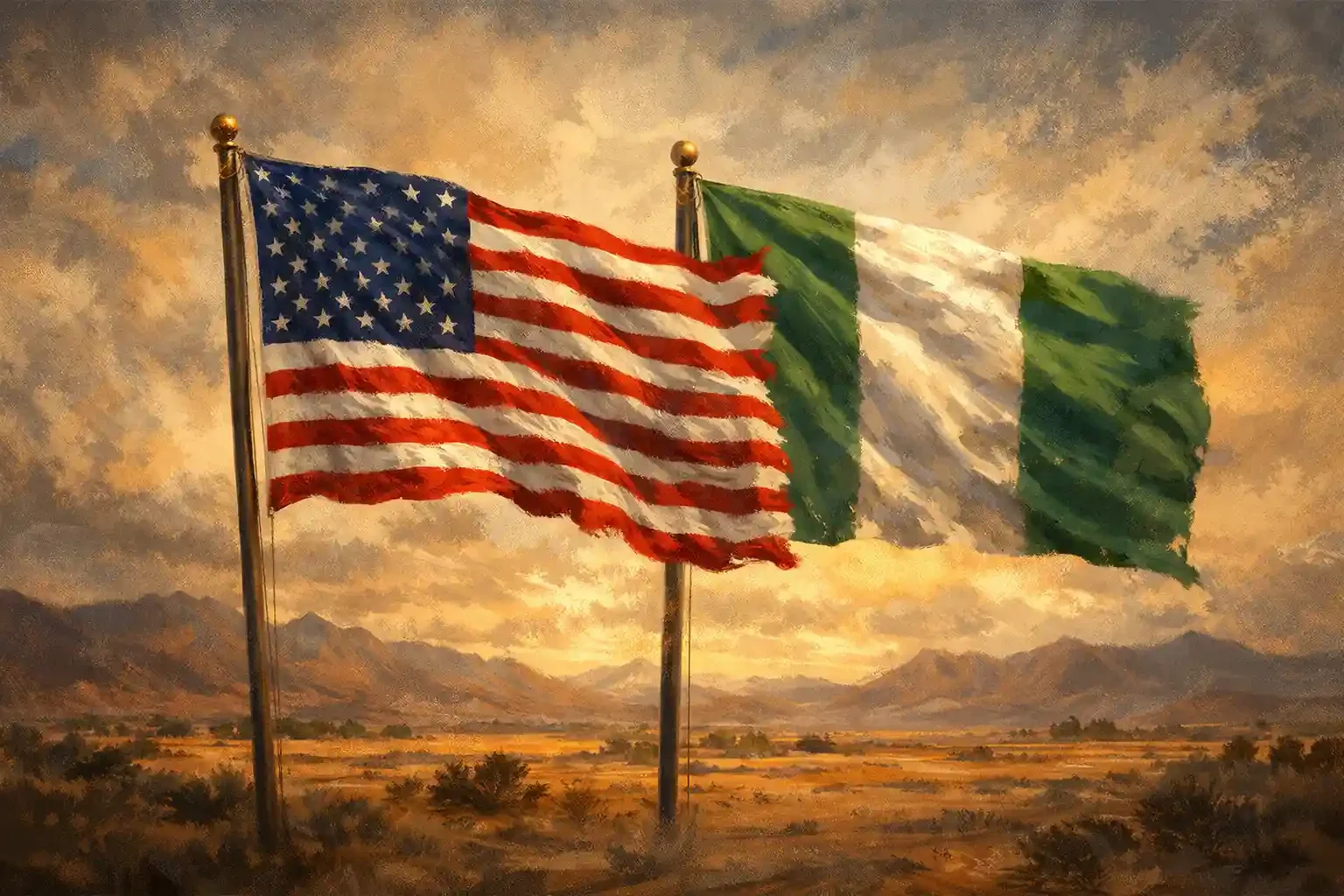

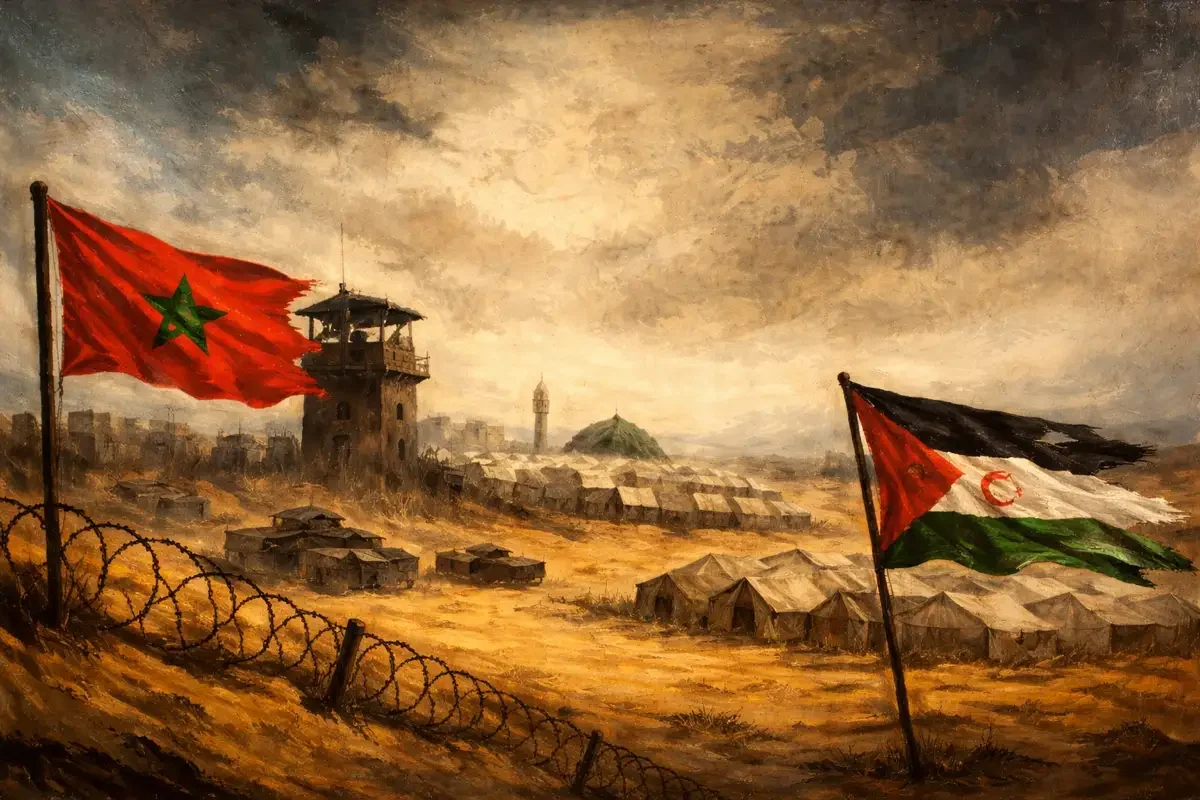

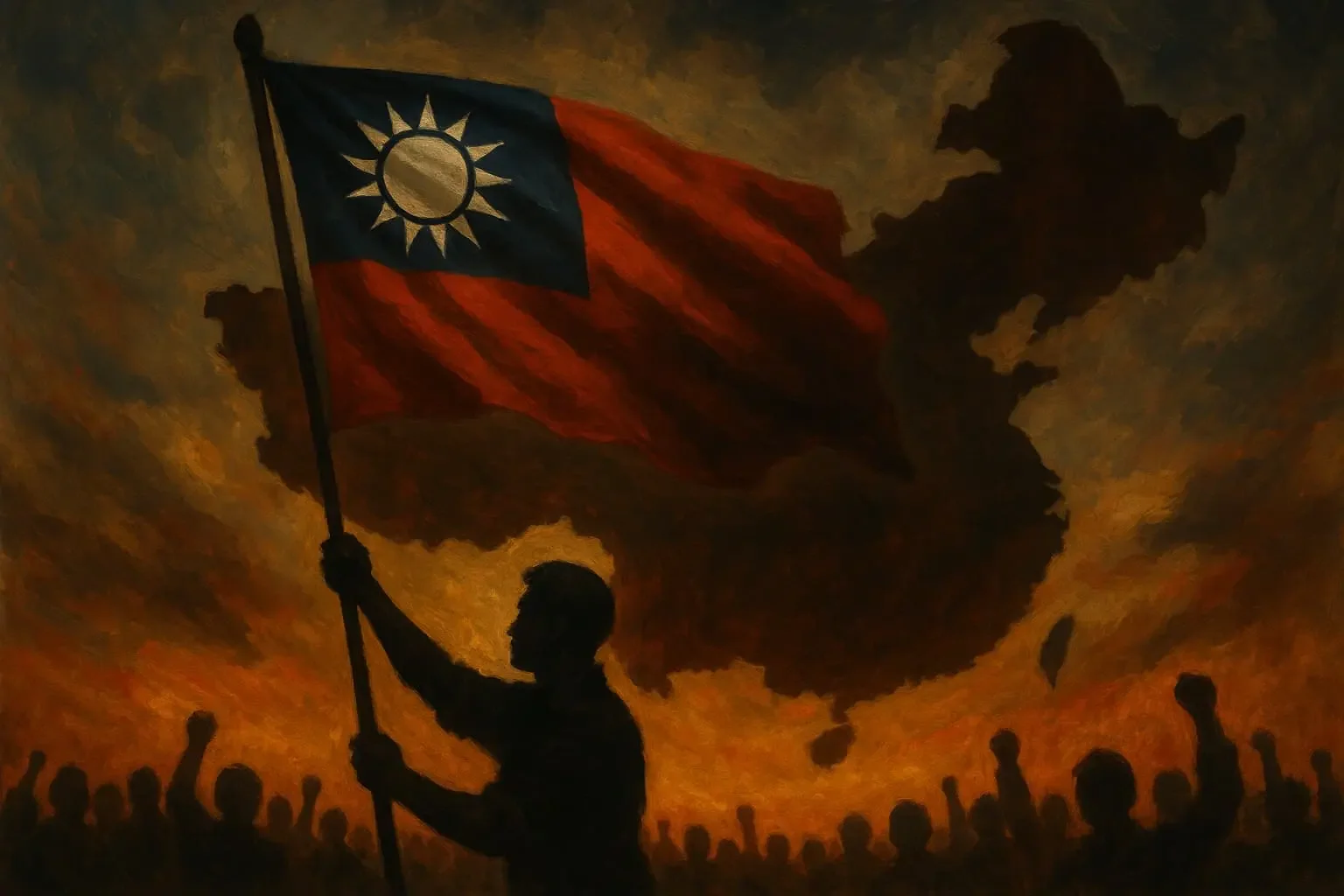
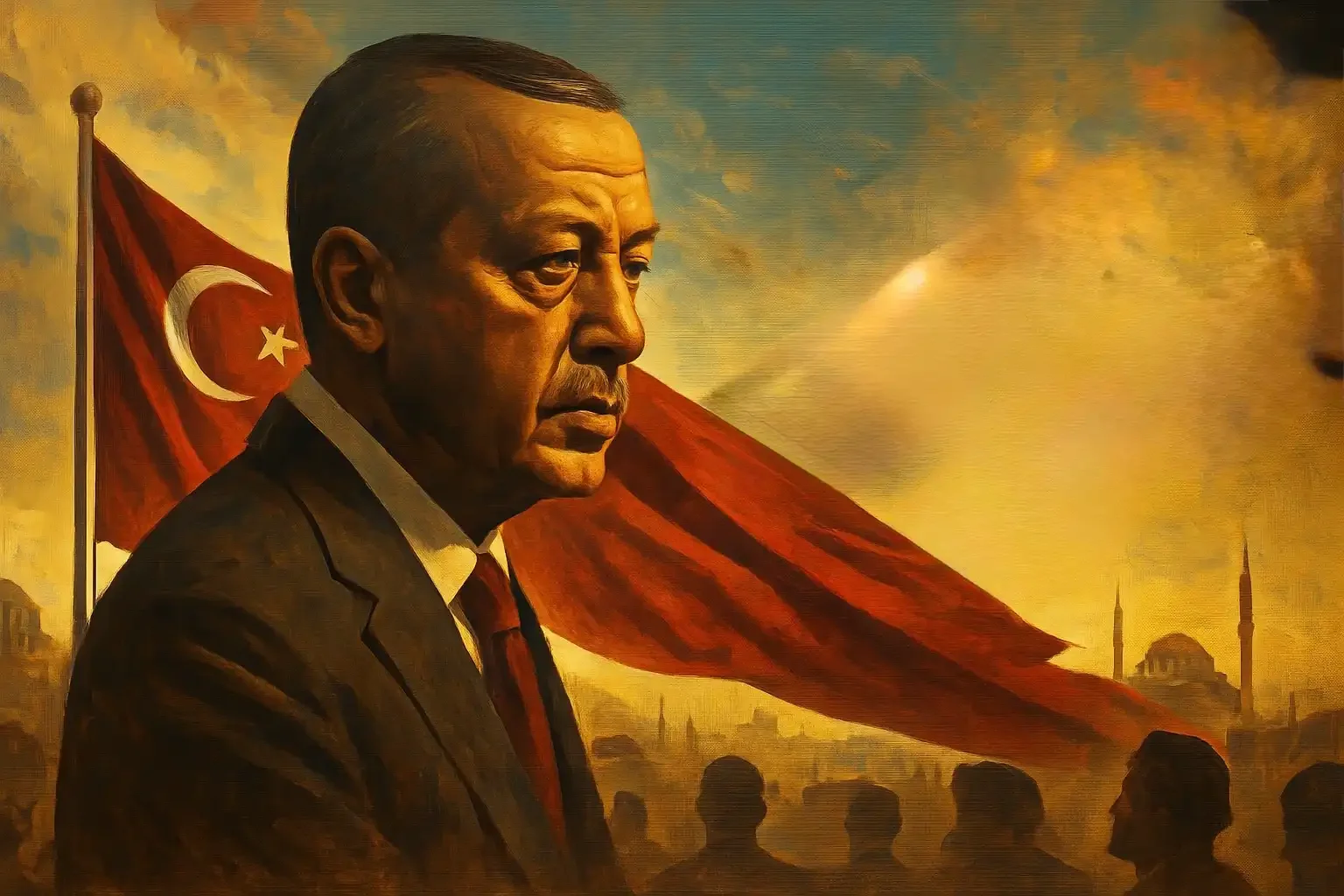

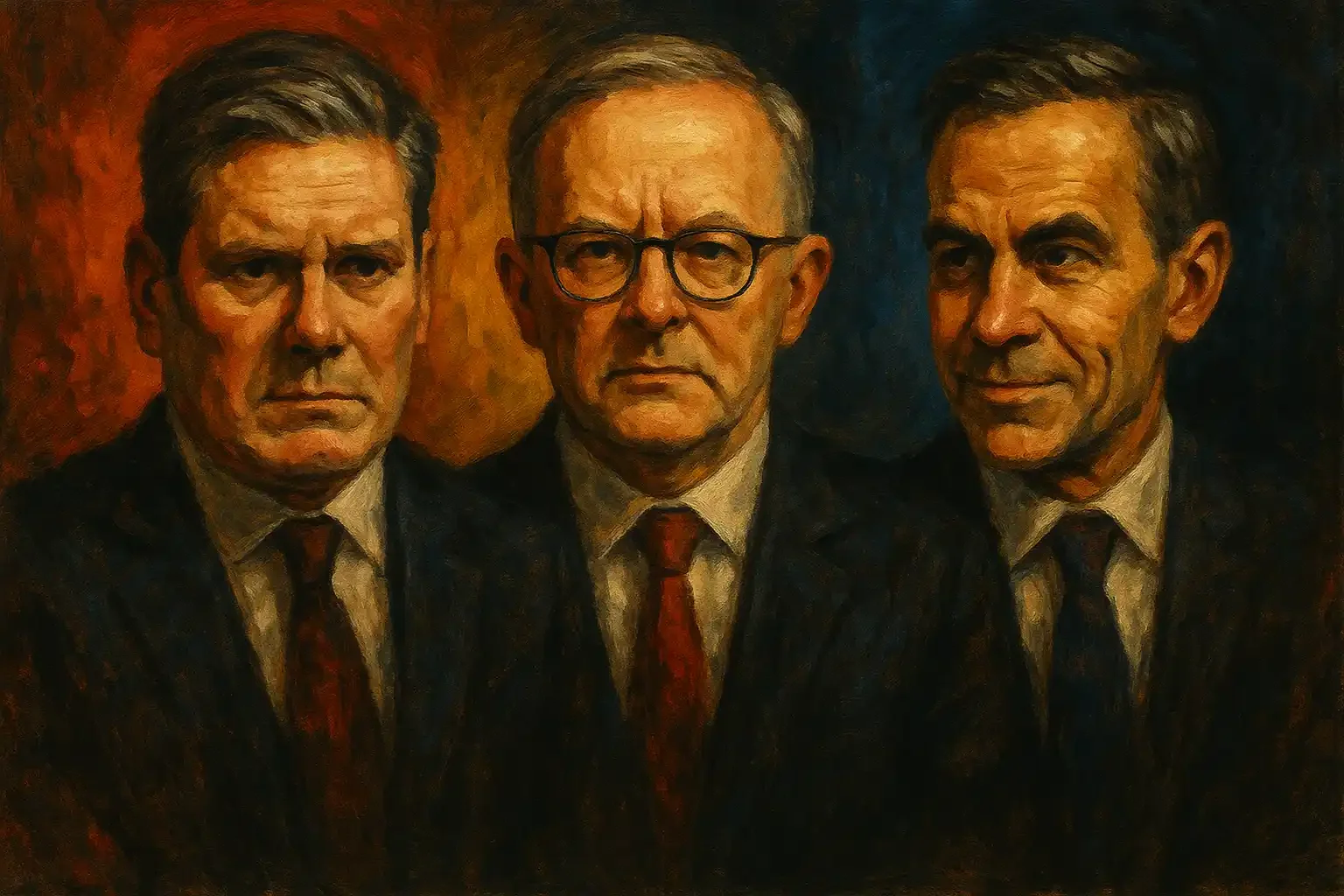
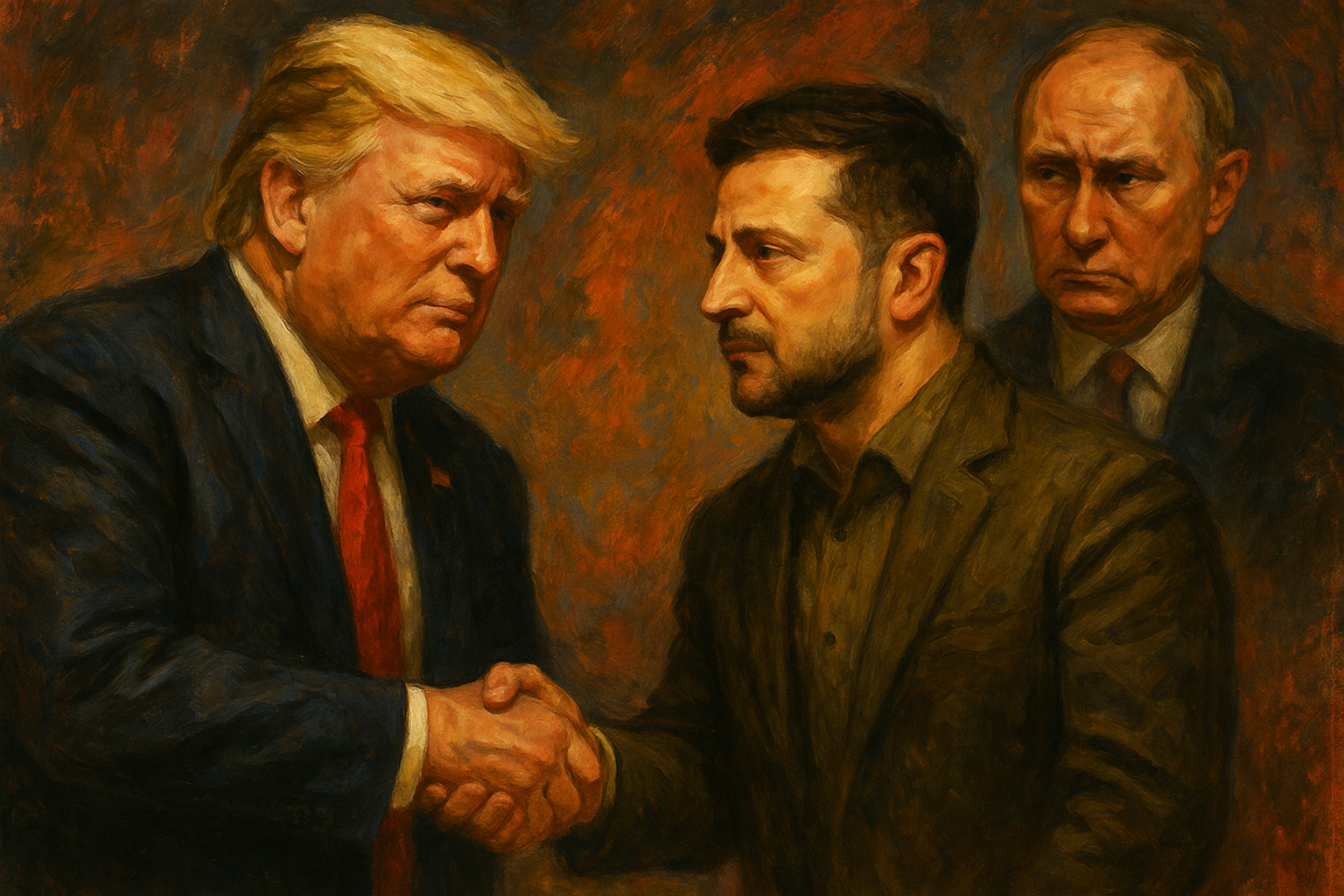
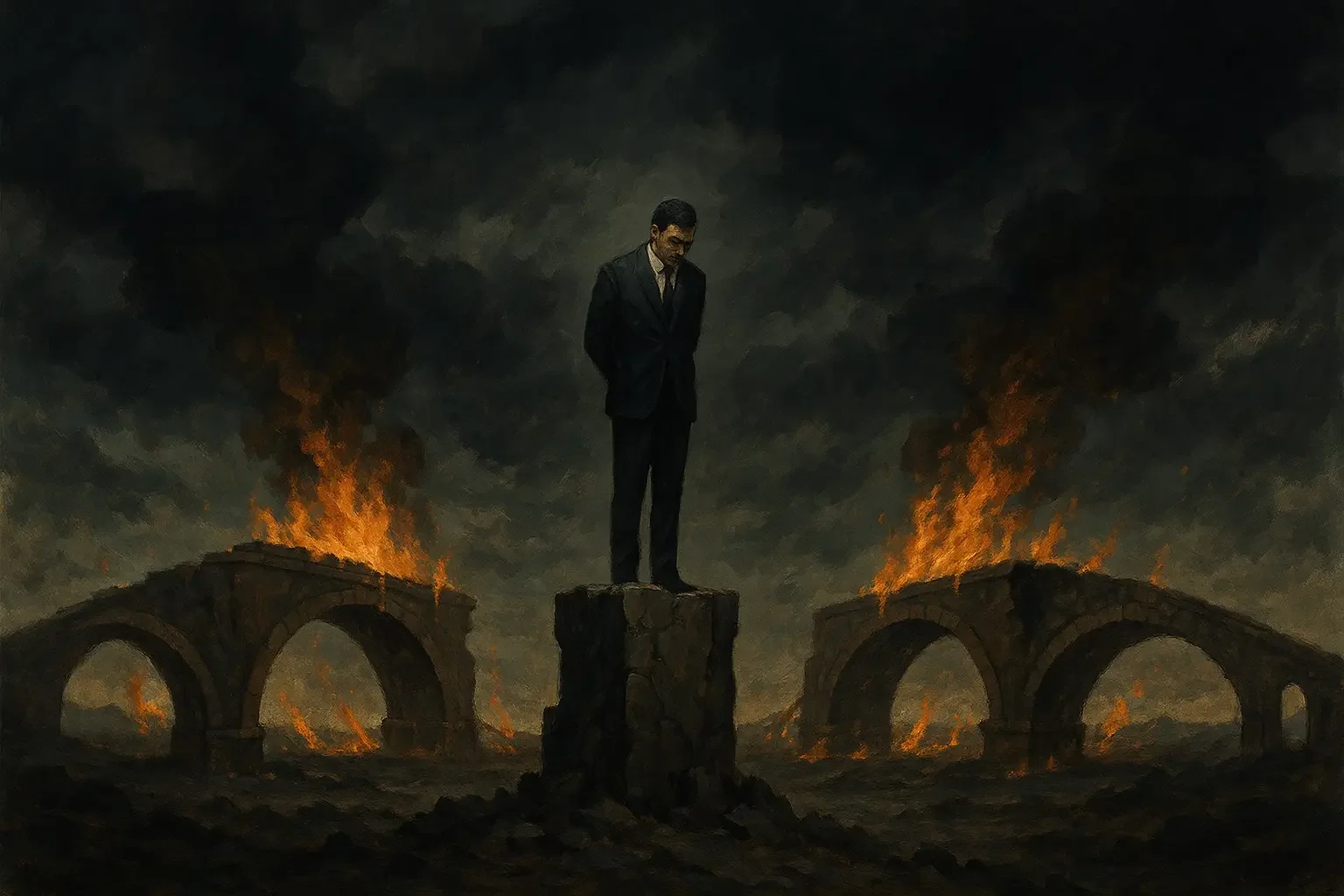


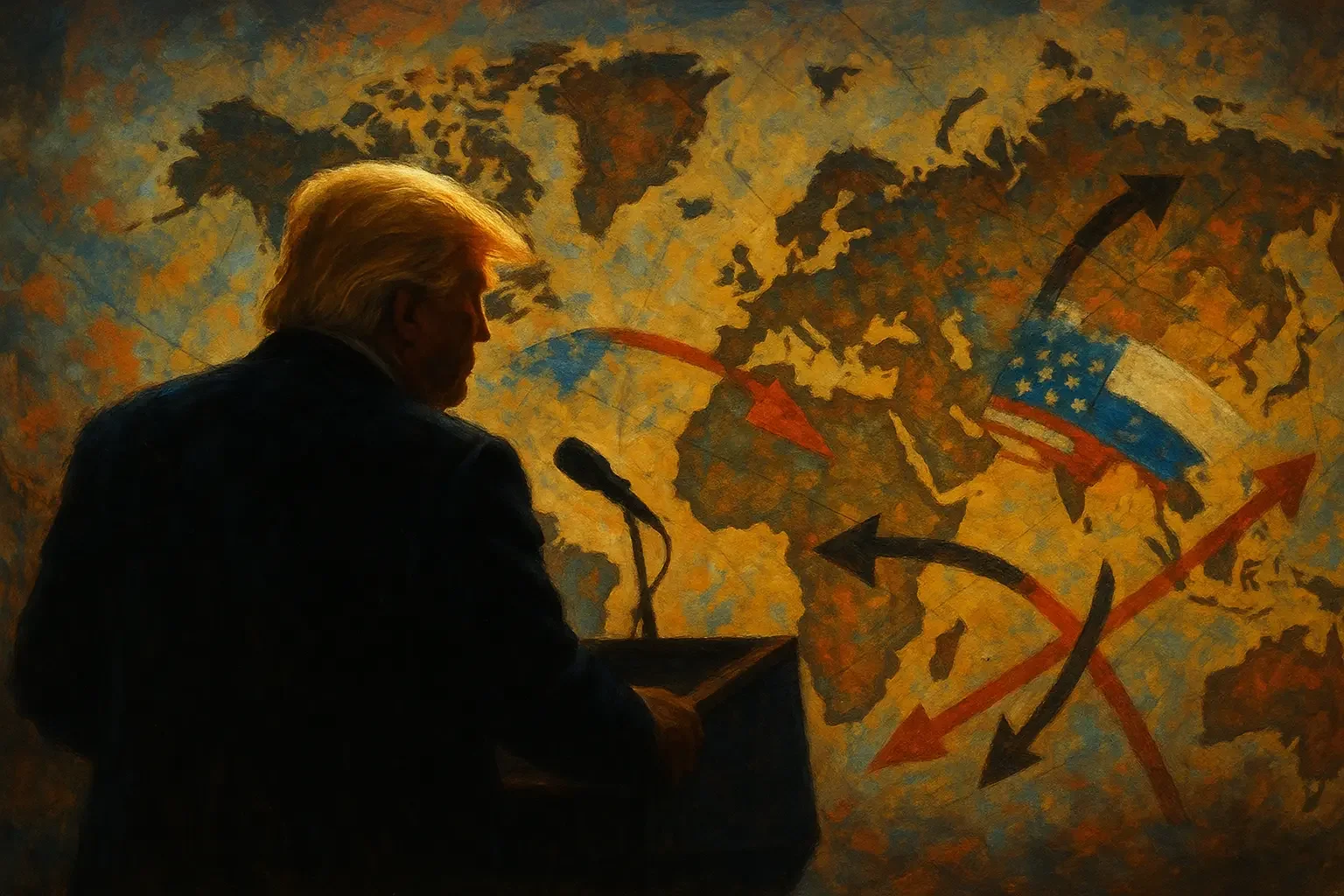
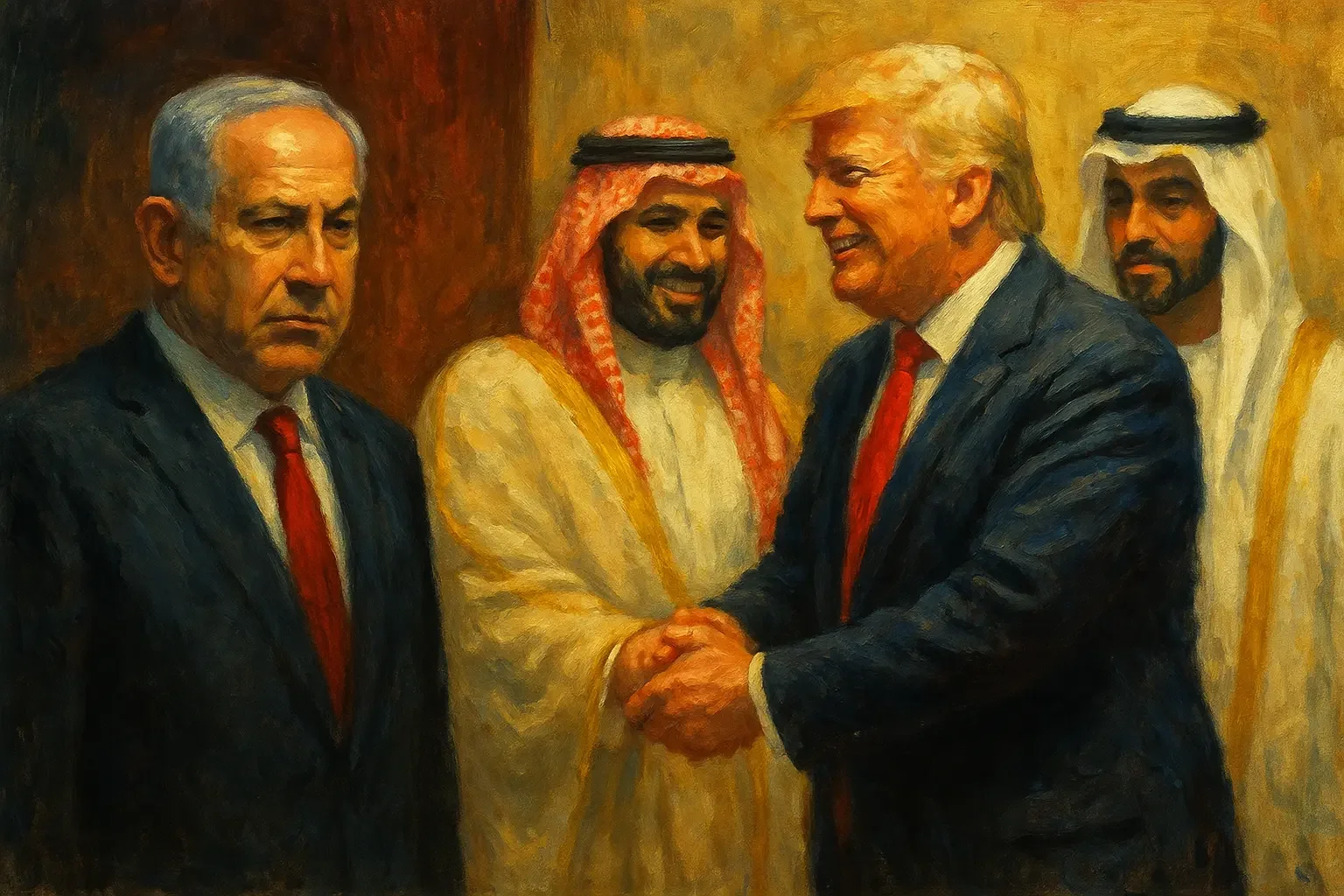

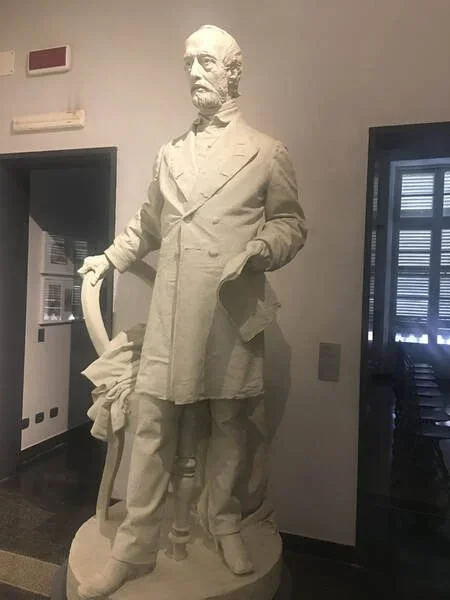

The new geopolitical scene is full of messy contradictions, but strong principles can help us support US intervention for the good while opposing its expansionist ambitions in Greenland and Canada.